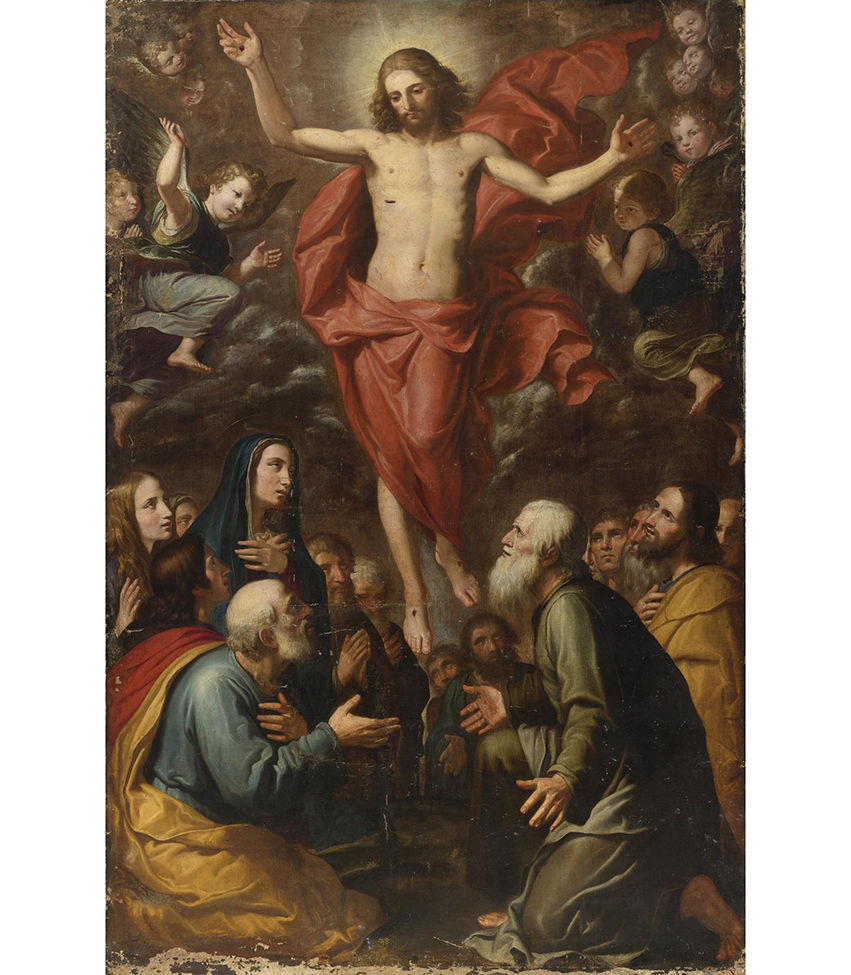Jesus has been taken up into heaven as we begin the first reading. His disciples — including the apostles and Mary — return to the upper room where he celebrated the Last Supper (see Luke 22:12).
There, they devote themselves with one accord to prayer, awaiting the Spirit that he promised would come upon them (see Acts 1:8).
The unity of the early Church at Jerusalem is a sign of the oneness that Christ prays for in the Gospel. The Church is to be a communion on earth that mirrors the glorious union of Father, Son and Spirit in the Trinity.
Jesus has proclaimed God’s name to his brethren (see Hebrews 2:12; Psalm 22:23). The prophets had foretold this revelation — a new covenant by which all flesh would have knowledge of the Lord (see Jeremiah 31:33-34; Habakkuk 2:14).
By the new covenant made in his blood and remembered in every Eucharist, we know God as our Father. This is the eternal life Jesus promises. And this is the light and salvation we sing of in the psalm.
As God made light to shine out of darkness when the world began, he has enlightened us in baptism, making us new creations (see 2 Corinthians 5:17), giving us knowledge of the glory of God in the face of Christ (see Hebrews 10:32; 2 Corinthians 4:6).
Our new life is a gift of “the Spirit of glory,” we hear in the epistle (see John 7:38-39). Made one in his name, we are given a new name — “Christians” — a name used only here and in two other places in the Bible (see Acts 11:16; 26:28). We are to glorify God, though we will be insulted and suffer because of this name.
But as we share in his sufferings, we know we will overcome (see Revelation 3:12) and rejoice when his glory is once more revealed. And we will dwell in the house of the Lord all the days of our lives.
Scott Hahn is founder of the St. Paul Center for Biblical Theology, stpaulcenter.com.

